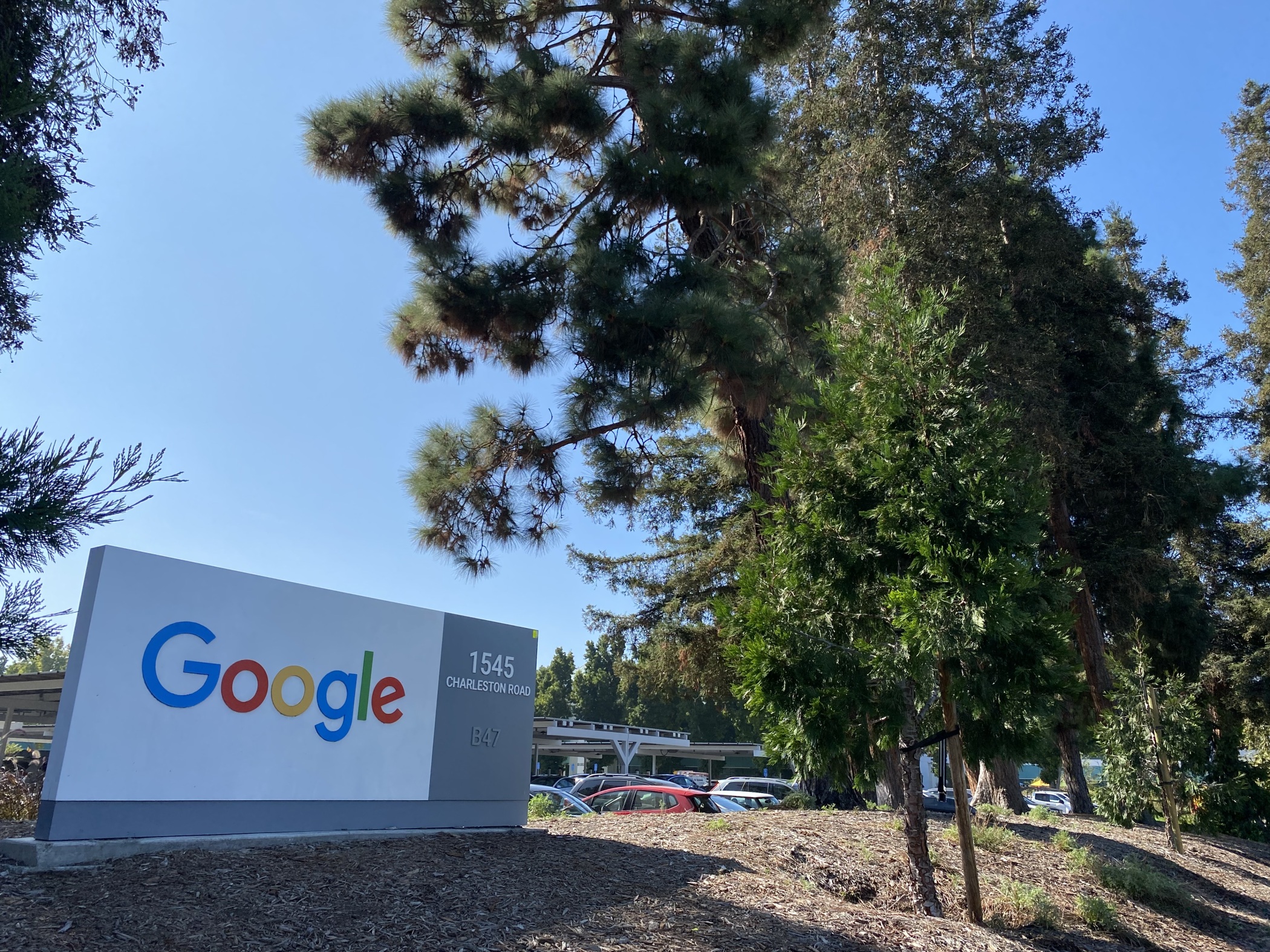More than $15 billion of real estate projects across the San Francisco Bay Area face an uncertain future after Silicon Valley tech giant Google cut ties with its development partner to build upwards of 15,000 housing units and millions of square feet of commercial space.
The Mountain View, California-based company confirmed to CoStar News that it and Australian developer Lendlease had mutually agreed to dissolve a pre-pandemic deal to build multiple projects around its Silicon Valley headquarters. Google said it would move forward on the proposals, either through a new agreement with Lendlease or a different firm.
However, the scrapped 2019 deal coincides with widespread cuts the Alphabet-owned company has made to its previously vast real estate portfolio after more than a decade of blockbuster leases, property acquisitions and developments. Those moves have led some local real estate brokers to express skepticism privately about Google’s timelines for getting new projects completed.
“As we’ve shared before, we’ve been optimizing our real estate investments in the Bay Area, and part of that work is looking at a variety of options to move our development projects forward and deliver on our housing commitment,” Alexa Arena, a senior director of development at Google, said in a statement to CoStar News. “We appreciate Lendlease and the work the team has done to get us to this point.”
The Google executive added that work on all the company's projects will continue.
Lendlease struck the $15 billion deal with Google in 2019 to develop four Silicon Valley campuses on land the company owned in San Jose, Sunnyvale and Mountain View over a 10 to 15-year period. The largest of those projects includes the $1 billion, 80-acre Downtown West proposal that marked the tech company's most expansive real estate investment to date.
Downtown West, approved by San Jose city officials two years ago, has been expected to accelerate the revitalization of a downtown that has struggled with office vacancy and has seen little ground-up office development in about a decade. The long-awaited development was cleared for 7.3 million square feet of office space; 4,000 housing units; 300 hotel rooms; 500,000 square feet of retail space; and 15 acres of open space and parks.
“The decision to end these agreements followed a comprehensive review by Google of its real estate investments, and a determination by both organizations that the existing agreements are no longer mutually beneficial given current market conditions,” Lendlease said in a statement, adding that Google would pay the firm for work completed on planning the projects and securing approvals.
The value of that payment was not disclosed.
Adjusted Approach
The severed development agreement is the latest in a string of aggressive cost-cutting measures Google's parent company has made in its nearly 25-year history. After years of seemingly boundless growth, the company has had to adapt to slowing sales growth and a cloudy economic outlook. It laid off about 12,000 employees, or 6% of its staff, in January and had three additional small layoff rounds in the past two months.
Despite seeing growth return, Google has continued to make smaller cuts, including to its real estate holdings.
While it is still moving forward with a handful of projects in places such as Texas and California, Alphabet has spent roughly $570 million so far this year to close offices and end leases as it seeks to reduce expenses.
The termination costs come alongside a slowdown in hiring and a plan to reduce the company’s anticipated investments in future office spaces.
What's more, while company executives recently told analysts that cuts to its real estate portfolio would begin to ease, Alphabet recently listed for sublease more than 182,500 square feet across four buildings in Palo Alto, California. That was just a few months after dumping more than a million square feet of space on the sublease market in an attempt to cut any extraneous expenses and shift its focus from a growth-at-all-costs mentality to a more prudent approach to expansion.
To be clear, Google's dissolved agreement with Lendlease does not mean the company is looking for an exit route in completing its proposed Silicon Valley projects. Rather, it has been adamant over the past several months that — despite having to navigate other financial and macroeconomic hurdles — it is simply recalibrating its approach to getting the projects across the finish line.
At the recent community event, Alphabet President and Chief Investment Officer Ruth Porat said the search engine provider is continuing to pursue the Downtown West project despite the decision to reassess its development partner and timeline.
“Here in Downtown West, with input from San Jose residents, businesses and civic leaders, we have created a multidecade opportunity and development plan,” Porat said at the September gathering at the Downtown West site. “We did that because we believe in the people who live here, who work here and are committed to being here in San Jose.”



